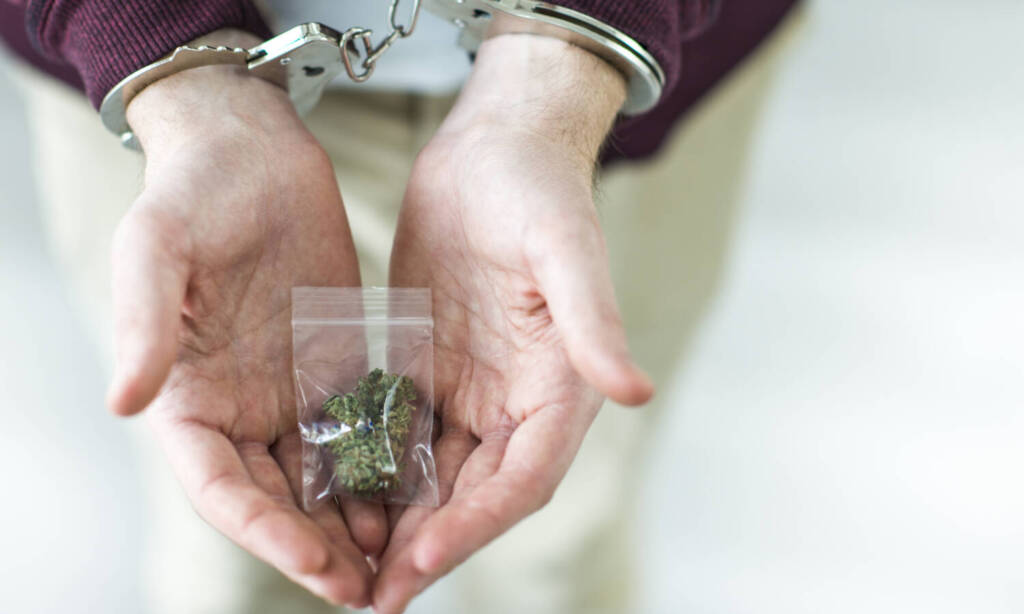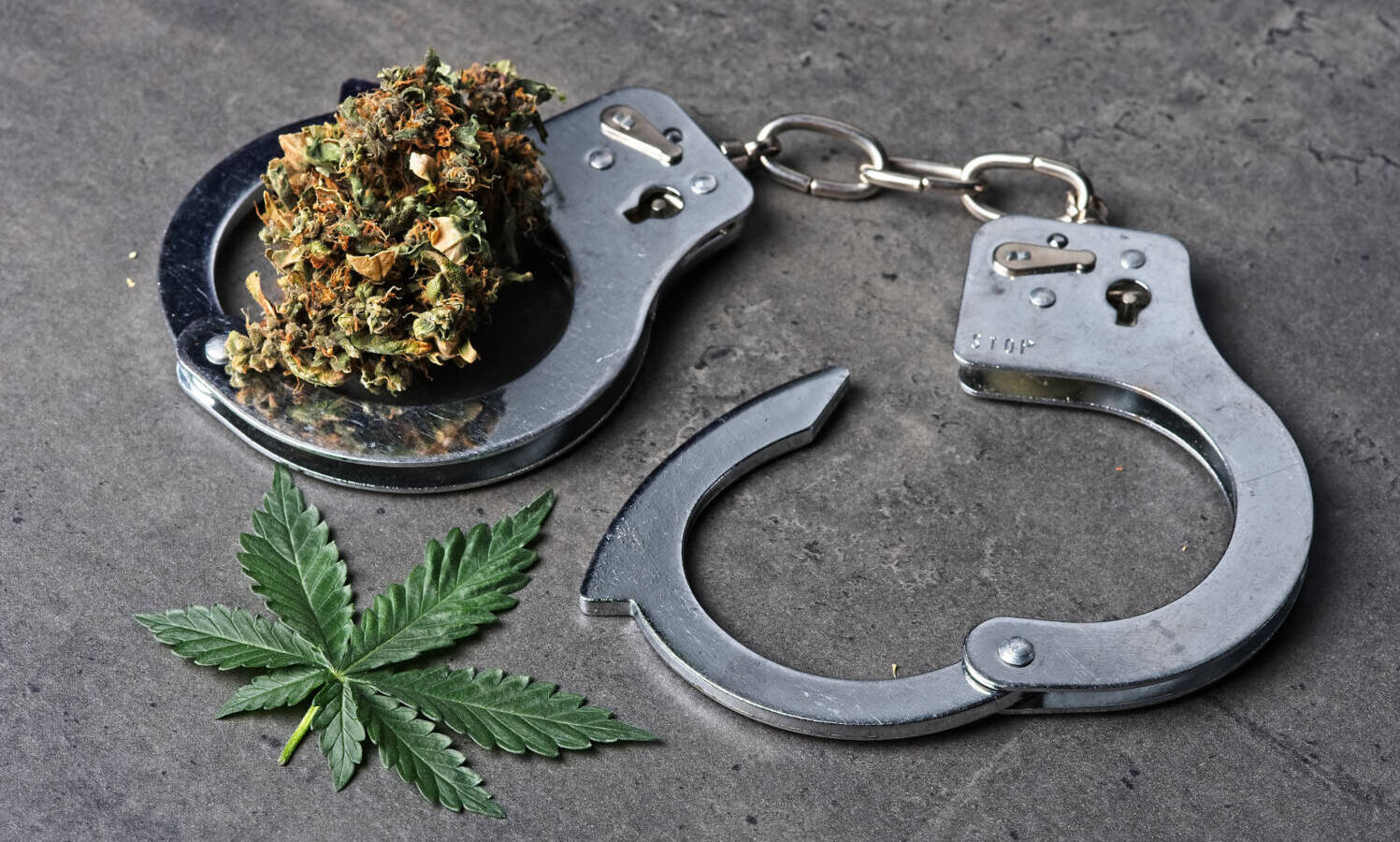While shifts in drug enforcement patterns in recent decades have reduced prison populations, they have done little to mitigate the public health consequences of drug misuse.
Despite cannabis’ ongoing decriminalization, drug arrests continue, steady as they’ve always been. A Pew analysis reveals a deep look into these trends, capturing data from 2009 to 2019. The research found that while rates of incarceration decreased, there were still high rates of drug arrests over the years.
Pew published some of their results through Twitter, highlighting some important findings. “Arrests for drug possession barely changed between 2009 and 2019, even as arrests overall plummeted by over a 1/4. Yet, the number of arrests for drug sales/manufacturing—and of people admitted to and held in prison for drug offenses—all fell by roughly a 1/3 at the same time.”
They added more key findings to the thread, showing that while laws are changing, police enforcers are still ways behind.
For decades we’ve relied on the criminal legal system to address drug misuse
5 decades of heightened enforcement spurred a 1,216% increase in people in prison for drug offenses
Have we turned a corner since then?
Take a look. https://t.co/F24vayJjP9
— Pew States (@PewStates) February 15, 2022
Aside from a few exceptions, the majority of the findings were positive, including fewer charges and incarceration rates towards Black people. Evolving drug laws have also resulted in a 62% reduction in prison populations.
RELATED: How The Controlled Substance Act Created A New Form Of Modern Slavery
Troubling findings include that drug and alcohol mortality rates in prisons have increased by a small margin, 5% and 3%, respectively. Drug possession arrests barely budged, decreasing by 0.4%. There’s also the fact that while marijuana arrests have decreased, other drug arrests have increased, highlighting the racial differences in the types of drugs Black and white people use and are charged with.

RELATED: Kentucky Bill Proposing To Ban Delta-8 Products Could Cost The State Billions Of Dollars
To gather these findings, Pew conducted an overview of national data on drug arrests and imprisonment, drug treatment, and more. The study concludes that while “shifts in drug enforcement patterns in recent decades have reduced some racial disparities and decreased prison populations, they have done little to mitigate the public health consequences of drug misuse.”
More needs to be done in order to curb the justice system’s reliance on drug incarcerations and to make sure that the law treats people fairly and equally, regardless of their race or economical status.


